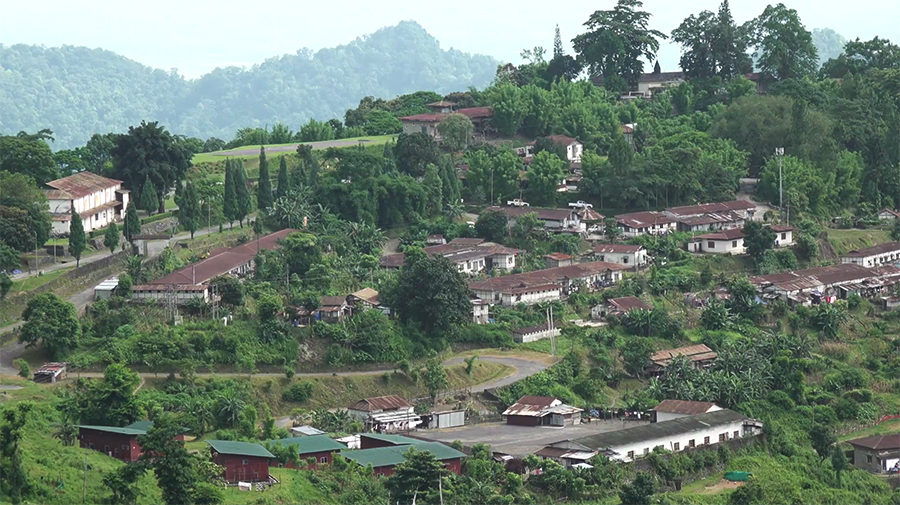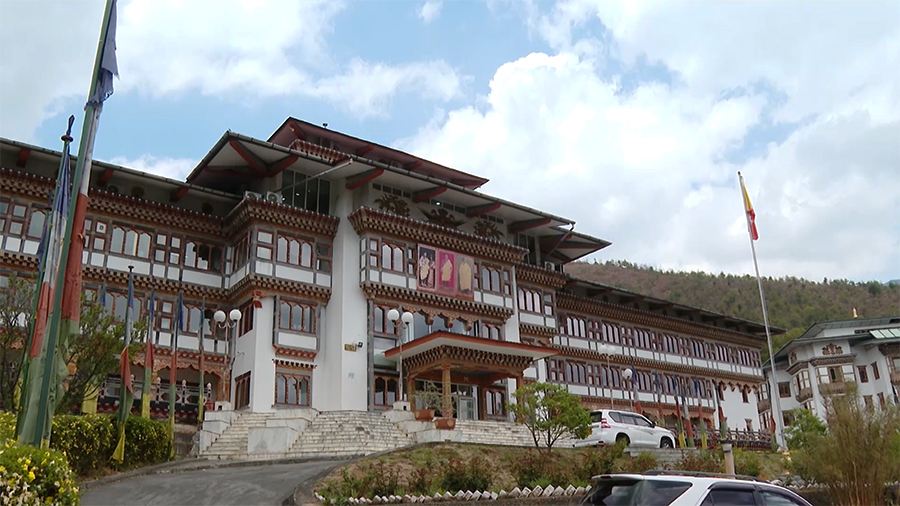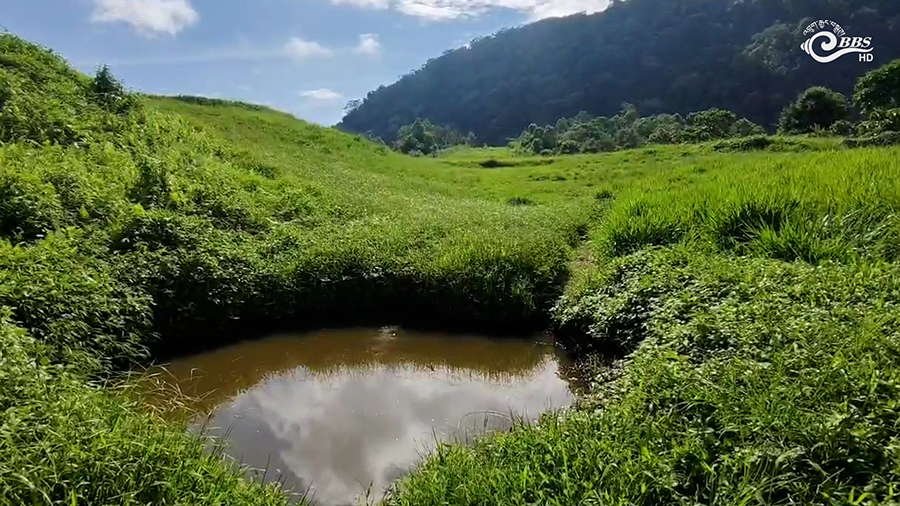 Three De-suup trainees, a man and two women, have died at the national referral hospital after a Leptospirosis outbreak at a De-suung training centre in Dewathang, Samdrup Jongkhar. Four more are in severe condition, undergoing treatment at the national referral hospital. The health ministry confirmed Leptospirosis, a bacterial disease, as the cause of the outbreak earlier today. The infection has affected more than 140 trainees.
Three De-suup trainees, a man and two women, have died at the national referral hospital after a Leptospirosis outbreak at a De-suung training centre in Dewathang, Samdrup Jongkhar. Four more are in severe condition, undergoing treatment at the national referral hospital. The health ministry confirmed Leptospirosis, a bacterial disease, as the cause of the outbreak earlier today. The infection has affected more than 140 trainees.
A preliminary outbreak investigation report that BBS obtained stated that symptoms began appearing between June 20 to 29, including cough, fever, sore throat, and diarrhoea. Some cases rapidly progressed to Acute Respiratory Distress Syndrome and Acute Kidney Injury, requiring intensive care.
 The health ministry said that of the 230 trainees, over 140, who showed mild symptoms, are undergoing appropriate treatment. Even the asymptomatic individuals from the same cohort are being treated.
The health ministry said that of the 230 trainees, over 140, who showed mild symptoms, are undergoing appropriate treatment. Even the asymptomatic individuals from the same cohort are being treated.
A doctor from the national referral hospital said the outbreak was alerted on Saturday after several cases were detected among the De-suup trainees.

“We have had a few fatalities. These individuals presented to us very late, after nearly a week of symptoms. They had entered the immune phase of the disease, during which despite timely and appropriate treatment the response to treatment will be poor. All of them developed severe illness that rapidly progressed to acute respiratory distress syndrome (ARDS) with pulmonary hemorrhage,” said Dr Sonam Zangmo, Infectious Disease Specialist, Co-chair of TAG, Health Emergency Response, JDWNRH.
She added that affected patients are being called in the capital at a designated centre for treatment and are monitored by a dedicated health staff.
The ministry mentioned in a notification that detection and surveillance activities will be continued to monitor and prevent further spread of the disease.
Moreover, all health facilities nationwide have been alerted to ensure early detection and treatment of suspected cases.
 For now, the pond where the trainees were exposed is suspected to be the source of the bacteria.
For now, the pond where the trainees were exposed is suspected to be the source of the bacteria.
“All the epidemiological and clinical links point towards the contaminated water pond, which would be possibly contaminated with the urine of rodents. We are taking the water sample from the pond, and we have sent it for further investigation. We will get more details as we get more reports of the tests,” added Dr Sonam Zangmo.
Leptospirosis is often spread through exposure to the urine of infected animals, from direct contact or from contact with soil or water contaminated by the urine.
According to the health ministry, human-to-human transmission is extremely rare, and the disease is not considered contagious between people under normal circumstances.
The Royal Centre for Disease Control, along with regional hospitals, tested samples to confirm the bacterial infection. For further confirmation, the ministry has sent the samples overseas, and it will take at least five days to get the results.
Officials confirmed that this is the only outbreak of Leptospirosis in the country, though sporadic cases were reported in the past.
Singye Dema
Edited by Kipchu








